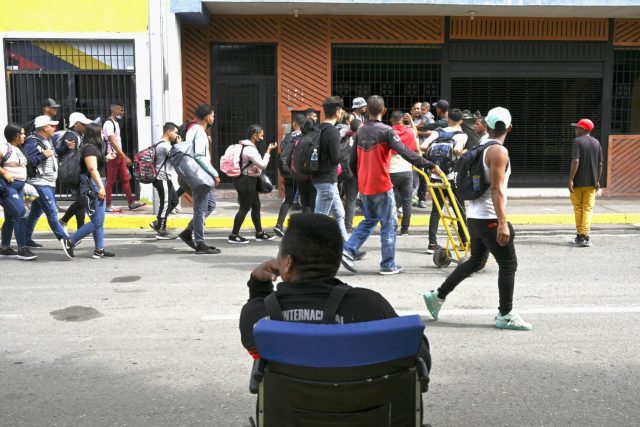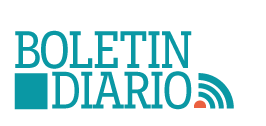Venezuela and Nicaragua, Most Corrupt in Latín América

On February 1, Berlin-based nongovernmental organization (NGO) Transparency International (TI) released its Corruption Perceptions Index 2022, which ranked 180 countries based on perceived levels of corruption in the public sector. According to the NGO, 95 percent of the countries analyzed made very little progress in the fight against corruption in recent years.
By Dialogo Américas – Guillermo Saavedra
Mar 31, 2023
While Canada, Uruguay, and the United States ranked among the “cleanest” in the Américas, Venezuela and Nicaragua were the most corrupt in the region and among the most corrupt worldwide, rubbing elbows with countries such as Syria, Somalia, and South Sudan. Their low score, TI indicated, is due to the infiltration of criminal networks in public institutions, making it difficult to draw the line between official bodies and criminal activities.
“It is very important to measure the perception of corruption, because it gives us an idea about the political context of the countries, their human rights situation, and also the political climate for doing business,” Luciana Torchiaro, TI regional advisor for Latín América and the Caribbean, told Diálogo on February 28. “Countries perceived as cleaner tend to be more democratic than those perceived as more corrupt, and where civil, economic, political, and social rights can be better exercised than in the countries with the worst scores.”
According to TI, in Venezuela, which ranked 177th, criminal gangs exert extensive control over gold mining operations, bribing military leaders to maintain their illegal activities. These groups are responsible for human rights violations including forced disappearances, assassinations of indigenous leaders and displacement of their communities, forced prostitution and labor exploitation of adults and children, as well as pollution and other serious environmental crimes.
In Nicaragua, which ranked 167th, human rights violations are also rampant, such as the imprisonment of political opponents of the Daniel Ortega-Rosario Murillo regime. The crisis in this country was accentuated after the controversial general elections of November 7, 2021, in which Ortega and Murillo were “re-elected” for a fifth term, while keeping their main contenders in prison or in exile, Infobae reported.
In Nicaragua, the political situation is such that 222 political prisoners were released from prison, stripped of their nationality, and sent to the United States on February 9, 2023. According to Nicaraguan organization Mechanism for the Recognition of Political Prisoners, some 39 political prisoners are still in the country, Infobae reported.
“Venezuela and Nicaragua are dictatorships, countries facing humanitarian crises, they have no division or balance of powers, their justice systems are instruments of repression and all power is concentrated in the executive […], they are completely opaque countries, and this means that there is no accountability,” Torchiaro said. “As for civic space and civic and political rights, they are completely violated. Proof of this are the countless political prisoners in both countries and the repression of journalists and several NGO officials.”
According to Torchiaro, improving the corruption perception indexes in Venezuela and Nicaragua starts with the establishment of free and fair elections, real separation of powers with checks and balances, and the removal of the Executive’s influence in independent and control bodies. In addition, both countries need an independent judiciary that can really punish the corrupt and human rights violators, open civic space, and for dissenting voices to be able to express themselves without fear of reprisals.
…
Read More: Dialogo Américas – Venezuela and Nicaragua, Most Corrupt in Latín América
…

